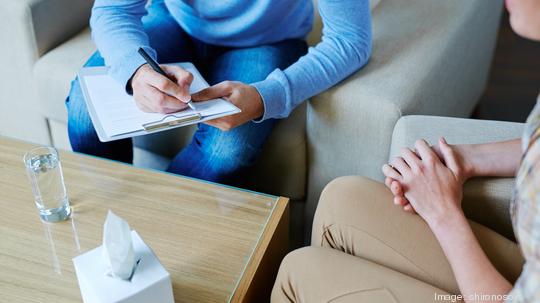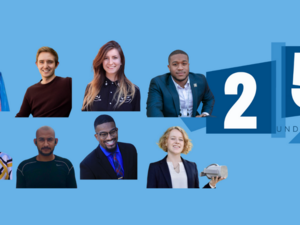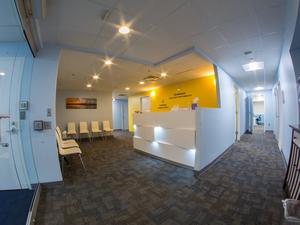
A mental health startup that launched on the eve of the coronavirus pandemic is changing its business model, hiring up, breaking into new markets and raising fresh funding to meet demand.
Rose, whose patient engagement platform seeks to identify mental health symptoms, is now raising a $1.5 million seed round with about $800,000 committed so far. For the D.C.-based business, which also has an office in Baltimore, the capital will give about 12 to 15 months of runway — and fuel two main objectives: ramping up sales and marketing, and “being able to continue to leverage deep tech for early detection of depression and mood disorder symptoms,” said founder and CEO Kavi Misri.
A significant portion of the cash will fund new sales and marketing employees, as well as engineering employees, bringing the now 18-person company to 22 people.
Another chunk of the financing will enable the company to build out its natural language processing system, by an expanding a journaling component — in which users write their feelings and thoughts — to include audio recording and selfie videos. The goal, said Misri, is to analyze speech and audio alongside micro-facial expressions in video, to help with early detection of anxiety, depression or trauma. Next up would be integrating with Apple and Samsung watches and other wearables, to collect biomarker data.

Rose is also building out a new version for kids and teenagers in partnership with Johns Hopkins University and the Sheppard and Enoch Pratt psychiatric hospital in Towson, Maryland. Research is underway on the early-stage program. The model enables parents, guardians, teachers and caregivers to enter information about a child, address concerns and make referrals to behavioral health clinicians. The goal, Misri said, is to monitor the well-being of children and adolescents, while providing clinicians information, “allowing multiple layers of people to really interpret the child.” The aim is to bring it to market in the first half of 2021.
The startup is also diving into the Accountable Care Organization space, a shift from its initial model of selling directly to therapists and psychiatrists. ACOs, health care provider groups which tie quality of care to compensation, represent “a large, untapped market” where “we see significant opportunities for growth,” Misri said. This comes after initially expanding into the primary care setting, where doctors “are, in most times, the only line of defense for mental health, and they’re not really trained to do so,” he said.
That’s because the platform helps build value-based care, allowing ACOs to use data to get better reimbursement rates. Rose plans to be in ACOs in the next two to three months, on top of the 25 large physician clinics it’s already working with. The business projects it’s breaking into a $7.7 billion market, and plans to start chasing other parts of it — including concierge employer benefits, health systems and hospitals, and payors — in 2021.
The company has charged ahead with new features, including coping mechanisms and tools to build mental health resiliency, and live meditations that have produced a “significant uptick in demand” by helping with isolation amid the pandemic, Misri said. “Those things have all added to increase engagement and has significantly increased our utilization rates.”
It’s playing out in the numbers. After offering the platform for free for several months during the global health crisis, Rose is seeing revenue coming in. Misri projects revenue of about $200,000 for 2020, and $1.7 million in 2021. He’s also planning to raise a Series A round within nine to 12 months.
The pandemic has only heightened demand for behavioral health services, a phenomenon felt by health care players across the spectrum, from D.C. startup OpenBeds to community nonprofit Whitman-Walker. Rose — which stands for “recognition of speech and emotion” — has had to grow faster than planned, Misri said, as isolation and uncertainty around Covid-19 provoke depression and anxiety symptoms for many.
Rose was founded in 2019 and went live at the end of that year after bootstrapping with $150,000 of Misri’s own savings and $250,000 from friends and family. He’s also gotten additional support, through the Social Innovation Lab at Johns Hopkins University and Halcyon Incubator in Georgetown.




